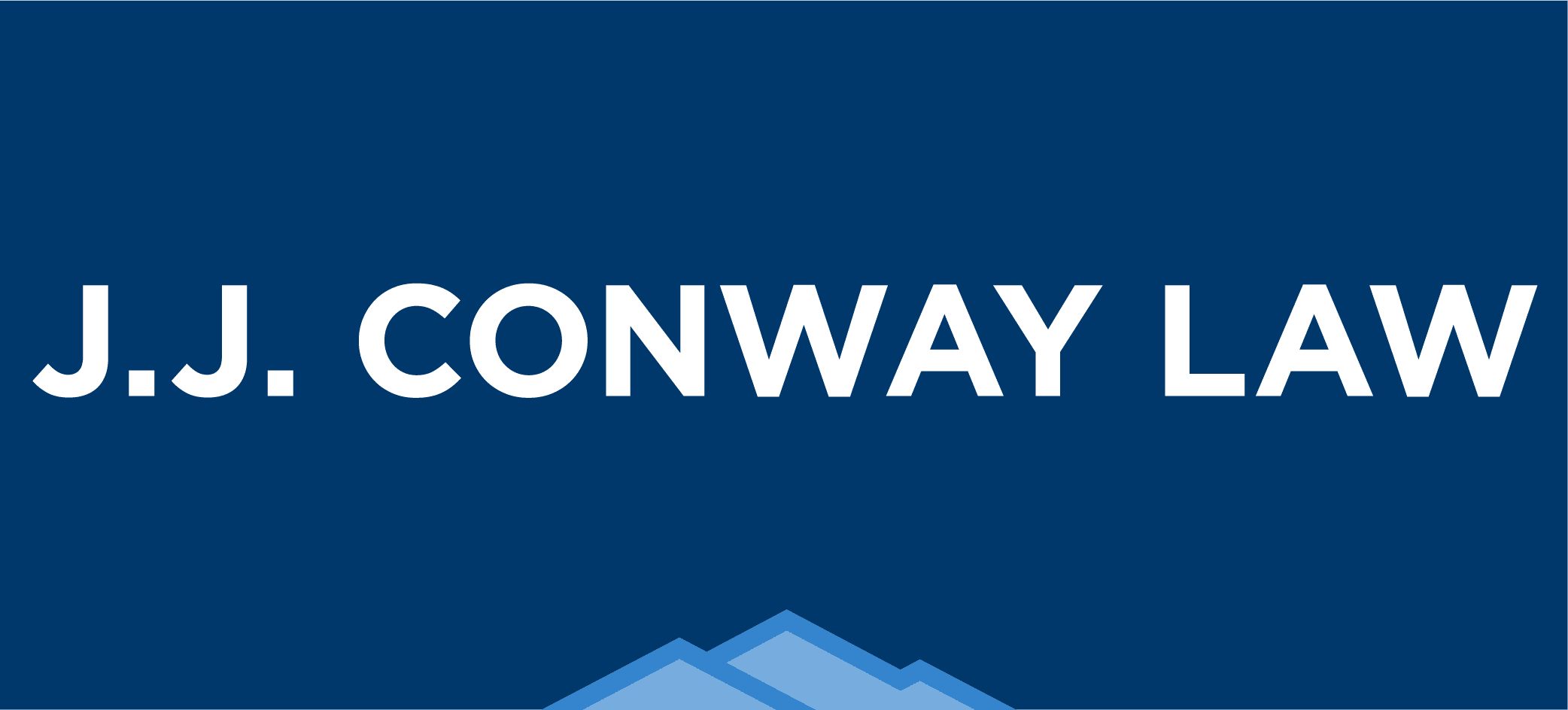Seasoned litigator offers 5 tips for attorneys and HR leaders to avoid ‘loss of proportionality’ in employment-related matters
Media Contact: Barbara M. Fornasiero, EAFocus Communications; barbara@eafocus.com; 248.260.8466
Royal Oak, Mich.—July 14, 2023—Add another unintended consequence of remote work: the increasing occurrence of individuals blowing things out of proportion in work-related matters. Proportionality stems from a general principle of criminal law that the punishment should fit the crime. Attorney J.J. Conway doesn’t practice criminal law, though. He’s an employee benefits litigation attorney who says a loss of proportionality in his practice area is hindering civil discourse and a positive corporate culture in the employment arena.
“The first time I experienced an alarming loss of proportionality was during a routine Zoom deposition,” Conway said. “I was attempting to clarify a few answers my client, who was in a different location, previously supplied that were inconsistent with the established, factual record of the case. It had been a long deposition, and she faltered on a couple of facts that she knew well. She misspoke, and the transcript needed to be clarified. When I was given the opportunity to clarify her testimony, I paraphrased a previous question she had been asked by the opposing counsel. For no reason, the opposing counsel lost it. His face contorted through a video screen, and he made comments that were unequivocally out-of-bounds.”
From prior interactions, Conway knew him to be a polished and well-prepared lawyer. He contacted the attorney after the deposition and the conversation led to a civil, recalibrated dialogue.
In recent disciplinary employment hearings on human mistakes that caused no tangible harm to an organization, Conway now sees HR reactions spiraling into job-threatening suspensions with loss of pay and other significant consequences that would previously be handled with simple counseling, a write-up or a warning. Sitting in on an employee termination conducted over videoconference, he was baffled by the conduct of the human resource professionals.
“It was the firing of a long-time employee, and the HR reps were far rougher and unforgiving than my previous in-person experiences in such situations,” Conway said. “On the one hand, I wonder if videoconferencing is inadvertently giving people in authority ‘permission’ to undercut employee confidence and diminish workplace morale; yet that wouldn’t explain the rude behavior at in-person meetings as well. We need to bring respect and professionalism back to the forefront and counter the loss of proportionality before it becomes entrenched as standard operating procedure.”
Similarly, with employee complaints among coworkers or associates, the complaining employee wants the other person fired when there is a problem, however minor the offense. The first instinct is retribution and taking away the other person’s livelihood.
Conway offers 5 tips to attorneys and others in a position of authority who are negotiating sensitive employment matters:
- Set the tone for the meeting with a friendly introduction and role model behavior.
- Gauge the situation. If tensions on a particular matter are running high, contact the opposing counsel or HR rep prior to the meeting and agree to be civil and respectful.
- Don’t let an extreme response go unnoted. Contact the individual privately after the incident to question the behavior. Is something else happening that impacted the person’s mood and reactions that day? Be sincere, but don’t act as if the behavior was acceptable.
- Keep interactions as brief as possible and encourage both sides to commit to discussing only salient points. Elongated arguments and he said/she said approaches can set the stage for hurtful remarks that bring no value to the conversation but can have long-lasting negative repercussions for both the employee and the organization.
- Avoid overkill from the outset. The rule of proportionality is that a response to an event must be roughly equivalent to the event itself. Put simply, don’t use “a missile to kill a mouse.” Lucas v. South Carolina Coastal Council, 112 S. Ct. 2886, 2904 (1992) (dissenting opinion).
About J.J. Conway Law
J.J. Conway Law, an employee benefits litigation and ERISA firm founded by John Joseph (J.J.) Conway in 1999, represents those seeking full access to the employee benefits they earned and are legally entitled to. The firm has been involved with nationally significant employee benefit, disability and pension cases, including class action lawsuits for such landmark decisions as requiring Michigan private insurers to cover autism health treatments for children through age 18 and protecting the pension rights of City of Detroit employees, police and firefighters as well as Wayne County employees by holding their trustees accountable for investment decisions. The firm’s motto, “Conquer Tomorrow®”, is dedicated to making the future easier for their clients across the United States. Learn more on the firm’s website.

